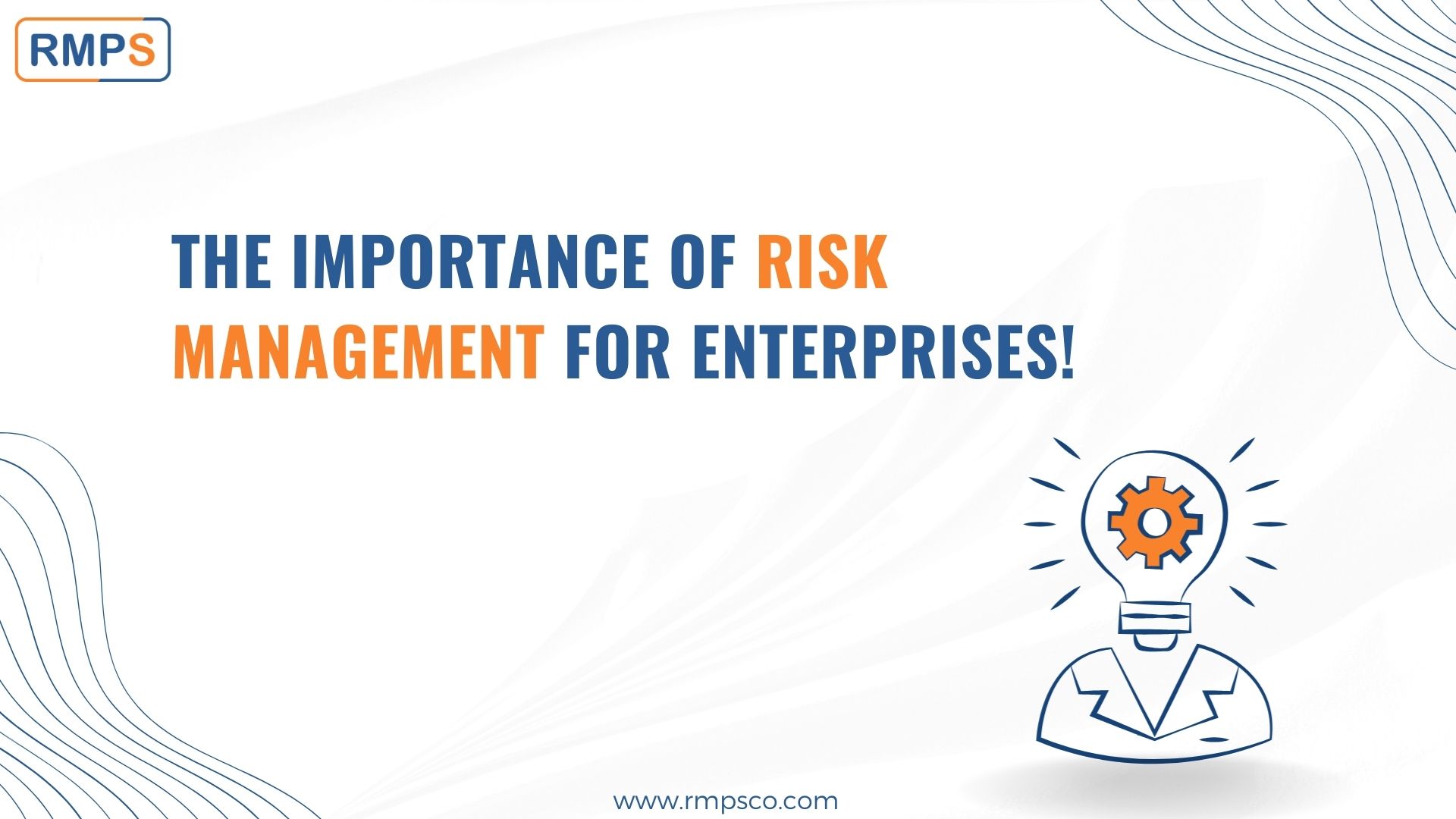The Vital Value of Risk Management in Getting Business Goals
In the quickly advancing organization landscape, the capability to navigate uncertainty has ended up being an essential. This is where Risk Management actions in, giving a structured technique to identifying, assessing, and mitigating prospective roadblocks to advance. It's greater than simply a protective measure - it's a strategic tool, promoting durability and development. As we discover the critical function of Risk Management in attaining organizational goals, one can not question but assist: how does this translate into real-world success?
Comprehending the Idea of Risk Management in Service

The Important Function of Risk Management in Strategic Planning
Incorporating Risk Management right into tactical preparation acts as a safeguard for organizations, securing their long-term plans with a solid foundation of preparedness and strength. Risk Management supplies a structure for expecting uncertainties and designing suitable actions, making sure the company's survival and prosperity also in the face of misfortune. By integrating Risk Management into strategic planning, companies can change these uncertainties right into opportunities for growth and technology.

Methods for Identifying, Assessing, and Focusing On Threats
The procedure starts with Risk identification, using tools such as SWOT evaluation, which helps in pinpointing prospective dangers and possibilities. Next off, Risk assessment is carried out to ascertain the potential impact and likelihood of each Risk. Dangers are focused on based on their prospective effect and possibility, permitting organizations to concentrate their resources on critical risks.
Safeguarding Organizational Workflow Through Effective Risk Management
In business landscape filled with uncertainties, effective go Risk Management plays an essential role in securing business procedures. It serves as a safety guard, reducing the damaging effects of potential dangers and guaranteeing the check this site out smooth functioning of all procedures. By identifying and assessing potential hazards, Risk Management enables companies to develop robust contingency strategies. This preventative approach aids in preserving functional security, also when challenged with unexpected circumstances. In essence, Risk Management is the lifeline that maintains the business operations afloat among stormy waters. It ensures not only the survival yet the lasting growth of an organization, making it an indispensable device in achieving company goals. Hence, organizations must buy detailed Risk Management approaches to safeguard their operations.

Transforming Prospective Risks to Opportunities: The Power of Risk Management
While prospective risks may originally look like obstacles to organizational success, reliable Risk Management can change them into chances. An aggressive approach to take the chance of Management involves recognizing, evaluating, and prioritizing dangers to design techniques that turn them right into possible benefits. This process requires the advancement of a risk-aware society within the organization, encouraging individuals to watch threats as prospective stimulants for change and growth, instead than mere threats. importance of risk management. Via this lens, possible threats become chances to innovate, enhance processes, and reinforce resilience. Hence, by leveraging the power of Risk Management, organizations can not just protect their procedures but also spur development and accomplish their click site objectives in an unforeseeable business setting.
Case Researches: Success Stories of Risk Management Driving Business Objectives
Effective execution of Risk Management techniques has actually yielded excellent outcomes in different companies, highlighting the values of this technique. Multinational companies like Microsoft and Google, for circumstances, have leveraged Risk Management to reduce hazards and make use of opportunities, driving their business objectives onward. These examples illustrate just how effective Risk Management can not just guide organizations clear of possible mistakes but also direct them towards their calculated purposes.
Verdict
Finally, Risk Management is fundamentally important in attaining business objectives. It uses a systematic method to determining, analyzing, and attending to potential threats and opportunities. Greater than simply mitigating threats, it likewise fosters innovation, resilience, and sustainable growth. By incorporating Risk Management into strategic preparation, companies can better navigate uncertainties, secure procedures, and capitalise on opportunities, consequently lining up with long-lasting objectives.
At its core, Risk Management is the procedure of identifying, examining, and attending to prospective risks that can adversely influence an organization's objectives or procedures. Next off, Risk analysis is carried out to determine the potential impact and chance of each Risk. Dangers are prioritized based on their potential influence and probability, permitting organizations to focus their resources on high-priority risks. By identifying and analyzing prospective threats, Risk Management makes it possible for companies to develop robust contingency strategies. A proactive method to take the chance of Management entails recognizing, examining, and prioritizing threats to devise methods that turn them into possible advantages.
 Shaun Weiss Then & Now!
Shaun Weiss Then & Now! Brian Bonsall Then & Now!
Brian Bonsall Then & Now! Melissa Joan Hart Then & Now!
Melissa Joan Hart Then & Now! Michael Jordan Then & Now!
Michael Jordan Then & Now! Melissa Sue Anderson Then & Now!
Melissa Sue Anderson Then & Now!